When retired Broughty Ferry nurse Joyce Souliman was diagnosed with an aggressive form of breast cancer in October 2021, she feared the worst.
A Covid-19 backlog meant her routine breast screening mammogram, which identified the problem, had already been delayed by seven months.
Covid-19 restrictions meant that initially, she wasn’t allowed to have anyone in with her for appointments.
She then faced the uncertainty of not knowing how long it would take to get surgery.
But as Joyce, now 62, reflects on the “awful time” that led up to her operation at Ninewells Hospital in February 2022, she is forever grateful to Maggie’s Dundee which threw her a “lifeline” of support when she didn’t know where else to turn.
“It was daunting when I first came in,” says Joyce.
“When someone is saying to you, ‘you have aggressive cancer’, it’s scary.
“But being met by someone who was in a position to embrace you in a kind of way even though it was Covid-19 time, and to take the time to speak to you and steer you to a breast networking group.
“Just giving you some information, because I didn’t know where to turn.
“I don’t know what I would have done without Maggie’s to be honest.
“I think I’d have gone off my head if that support hadn’t been there!”
Joyce is still being supported by Maggie’s Dundee two years after diagnosis
Joyce, a former practice nurse who worked latterly in community nursing, finished chemotherapy about three months ago.
The mother-of-two grown-up children, who is married to retired head of radiotherapy physics at Ninewells, Salam Souliman, is still receiving treatment through tablets.
Her nursing background has helped her understand what’s been going on – although sometimes she could “expect too much” of herself, she smiles.
While she still gets tired and has “down days”, she feels strong and able to cope.
Almost two years after she first stepped through the doors of Maggie’s, however, the centre continues playing an important role in her life.
She attends a walking group every Tuesday and does pilates.
It’s also inspired her family to get involved in various fundraising activities.
“It’s a lovely building and just comfortable to come into,” she says.
“It’s so welcoming.
“The staff understand.
“They direct you in the way they think.
“It is very comforting. They are so helpful.
“But having the opportunity to come together with other people who all have a different story to tell.
“You get help from being with other people.
“They guide you through and you can guide others too.”
Why was the establishment of Maggie’s Dundee in 2003 so significant?
Maggie’s was founded in Scotland by the late Maggie Keswick Jencks who used her own experience of breast cancer to create a new type of cancer care.
Maggie’s idea was that with the right support, nobody would lose the joy living in the fear of dying when diagnosed with cancer.
The first Maggie’s centre opened in Edinburgh in 1996, and there are now 24 throughout the UK, including Dundee and Kirkcaldy, as well as three abroad in Hong Kong, Barcelona and Tokyo.
When the third Maggie’s centre after Edinburgh and Glasgow was opened next to Ninewells Hospital by Sir Bob Geldof on September 25 2003, it was special because it was the first one to be a new-build.
Designed by world-famous architect Frank Gehry, who designed the Guggenheim Museum in Bilbao, the white, cottage-like building with a wavy silver roof is modelled on a traditional Scottish “butt n’ ben” dwelling, and offers a welcoming sense of calm and sanctuary.
The garden, designed by Arabella Lenox-Boyd, contains a labyrinth design based on the one at Chartres Cathedral in France.
What does Maggie’s Dundee head of centre remember about the opening?
Someone who’s been at Maggie’s Dundee right from the start is centre head Karen MacKinnon.
She worked in oncology for 20 years in Ninewells Hospital as a therapeutic radiographer.
On the first day, she walked across the road and began a new role as a cancer support specialist.
Then, as today, Karen said there were “supportive relationships” with staff in hospitals.
However, as cancer centres have got busier, the “space” offered by Maggie’s to share concerns about cancer has become ever more important.
“The centre has grown hugely over the last 20 years,” she says, explaining that Maggie’s Dundee receives around 14,000 visits per year equating to 50-70+ visits per day.
“We are here primarily for people affected by cancer and their families and friends.
“Maggie’s offers this beautiful building for people to just find that quiet spot.
“But often people are coming through with real worries and concerns about cancer.”
Karen said the impact of a cancer diagnosis can cause so much anxiety and concern.
What are the key benefits for users of the Maggie’s Dundee drop-in centre?
What Maggie’s centres do is provide a space to meet in a way that’s rarely possible in a busy waiting room or hospital.
Families and friends will often do their best to support.
But often it takes the experience of others going through similar things to really help.
People can take real comfort from the fact that someone else feels the same as they do.
Friendships often emerge.
Last year, Maggie’s Dundee engaged with 53% of newly diagnosed cancer patients at Ninewells.
Karen says the design of the Maggie’s Dundee building is poignant.
It’s “unique and uplifting”.
“Every way you lift your eye or turn your head, you are seeing something that is pleasing to the eye,” she says.
However, at the end of the day, the centre is about people.
“I think we allow a space for people to have every emotion common to man, and nobody is telling them to keep positive or not to feel like this,” she adds.
“That’s where our psychologist comes in, and having that level of expertise for people when they just feel perhaps really stuck or despaired and not finding a way forward.”
Help available when ‘bombshell’ of cancer adds to pre-existing life struggles
Karen said that being able to access support in a timely fashion really benefits people.
Sometimes even just popping in for a cup of tea can be beneficial.
But it’s also worth remembering that people diagnosed can already be struggling with life in other ways before they get the “bombshell” of cancer.
“Obviously cancer does impact hugely on finances,” she says.
“The cost of living crisis is also taking its toll.
“Sometimes people come in with the expectation there is financial support.
“But it’s not a given.
“Sheila, our benefits advisor, does her very best to get as much financial support as possible.
“Somebody could be out of work for 10 months or a year to get through cancer treatment. It can be a challenge.”
Maggie’s Dundee staff learn about life too
Karen said that for her “it’s most definitely the best career move” of her life.
She describes it as a “very rewarding job” – being able to be alongside people and to share their experiences.
“It definitely traches us about life I think,” she says.
“I‘ve learned more about life here than I did in my previous job.”
She acknowledges, however, that seeing people day in day out at the most challenging times of their lives does affect staff too.
That’s why they make sure they have the opportunity to speak on a weekly basis to staff support.
“Personally it helps us value our own lives,” she says.
“Life is unpredictable. You don’t take life for granted.
“I think I cherish life more because I work for Maggie’s than I might have done otherwise.”
How challenging is it to raise the £600,000 needed each year to run Maggie’s Dundee?
Annie Long has been fundraising manager at Maggie’s Dundee for six years.
It’s her job to raise the £600,000 required each year to keep Maggie’s Dundee going.
Previously based in Edinburgh, her family moved to Fife in 2012.
Coming from an art and design background, and attracted to working for a health charity, she has always been fascinated by how a beautiful building or object can bring comfort to people.
While it can be a challenge to be so dependent on community fundraising in Perth, Angus, Dundee and north Fife, she never ceases to be amazed by the support that exists in the area served by Maggie’s Dundee.
“We are not Edinburgh or London where there are big organisations donating 10s of thousands of pounds,” she says.
“But we get great support from the community.
“Maggie’s is about talking therapy.
“What we need is professional people to talk to people.
“Our biggest cost is our staff.
“Because the building is relatively new, we don’t have much maintenance costs.
“But in future we could expand.
“We are getting busier.
“We are so established people know about us more.
“People are travelling from further afield.
“Also people are living longer with cancer now.
“There’s a bigger cancer population.
“We’d like to do more and new and different things.
“We work closely with our colleagues in the NHS.
“They very much like the connection of coming across here.
“What we are hoping is that in the future we’ll be able to make a big announcement about either extending the centre or building a garden room which would be an additional facility.
“There’s definitely a plan to have more space.”
Centre supported by new Scotties by the Sea trail
Maggie’s Dundee benefitted from the fundraising Penguin Parade trail in Dundee in 2018.
Now, Maggie’s Dundee is also benefiting from the Scotties by the Sea trail which was launched by BID St Andrews in St Andrews and along the north-east Fife coast on September 1.
When the giant painted Scotties are auctioned at a special event at the Old Course Hotel on St Andrews Day, all proceeds will go to Maggie’s Dundee, with a target of at least £150,000.
While bids might be out of reach for many people, individuals can donate as much or as little as they wish by scanning the QR codes on the trail.
“I think people have been blown away by the quality of artwork,” adds Annie.
“People are really excited about it.
“As people live to a much greater age, cancer numbers have risen and people don’t necessarily die from cancer.
“This means people have to be brought to an emotional state where they can live with cancer as they might live with any other critical illness.
“That’s where Maggie’s makes sure people can cope with the idea of living good lives with cancer.
“But we need to keep fundraising to make this possible.”
Why fundraiser Steph is encouraging trail visitors to ‘dig deep’ for Maggie’s Dundee
One fundraiser urging people to “dig deep” is Steph Brown, 52, of Glenrothes.
The former Cellardyke Primary and Waid Academy pupil, who grew up in Anstruther, has taken it upon herself to walk 120km over five days between all the Scotties on the trail.
A former legal secretary and regional manager who was made redundant during Covid-19, she is now employed by Amazon in Dundee and has been inspired to walk from dog-to-do after helping logistics company AFS install the colourful canines.
She was due to embark upon the trail, walking around 30km per day, starting at Lindores Abbey distillery on Thursday, and is due to finish at Leven Prom on Monday.
“For me it’s about giving back,” says Steph, who has fundraised for a different charity ever year for the last 27 years, and who knows people who have used the Maggie’s centre in Kirkcaldy.
“I don’t think there’s anyone in life who hasn’t had or knows someone who’s had cancer, a stroke, heart issues, whatever it is.”
Steph, who laughs about the day she helped carry the dog over the railway bridge at Leuchars Station, said it was “so good” to see so many people taking “selfies” with the dogs while helping to raise funds and awareness.
“t’s great to give something back,” she adds.
“I know a lot of people who’ve done the trail who I didn’t think would.
“I think it’s really caught peoples’ imaginations.”
How to donate
To support Steph Brown on her Scotties by the Sea trail fundraising walk – with all proceeds going direct to Maggie’s Dundee – click here.
To donate directly to Maggie’s Dundee, go to justgiving.com/page/maggies-dundee
Donations can also be made by scanning the QR codes on the Scotties by the Sea dogs.
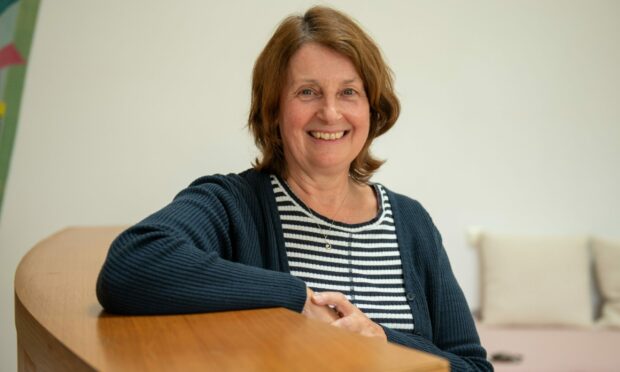
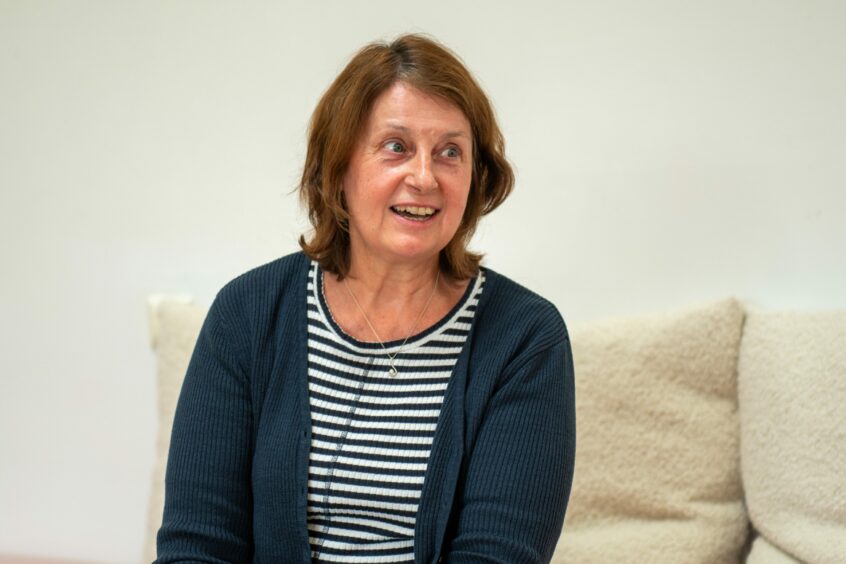
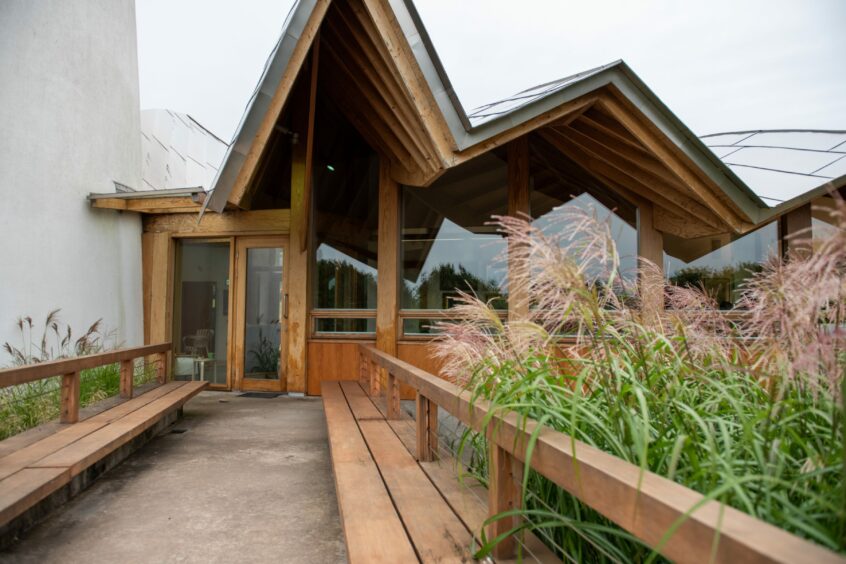

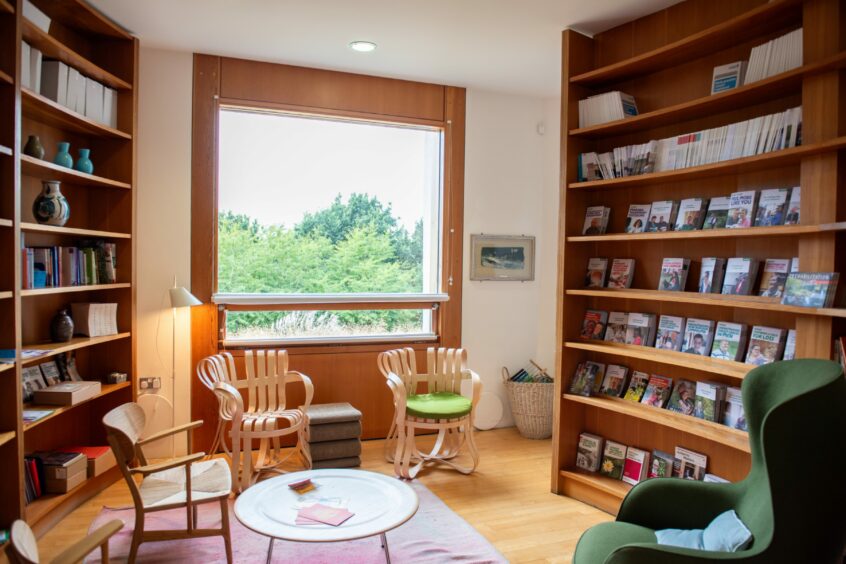
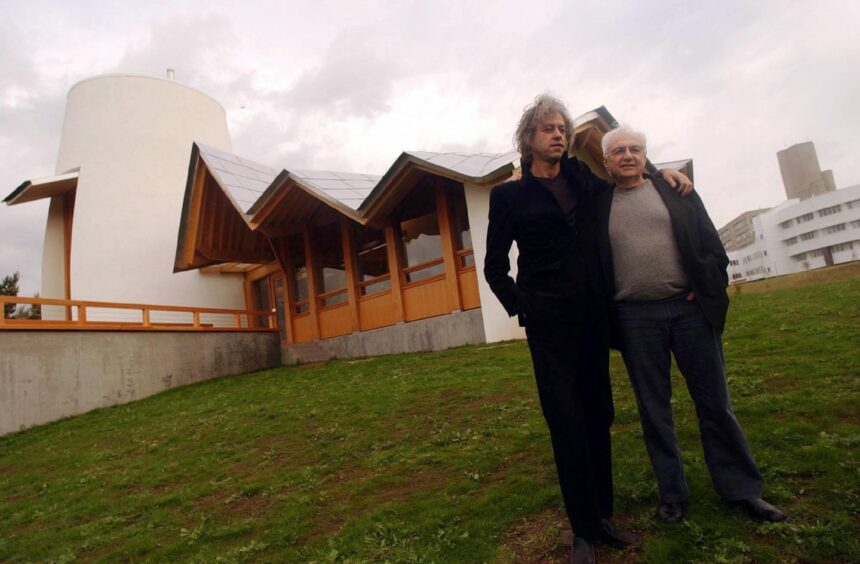
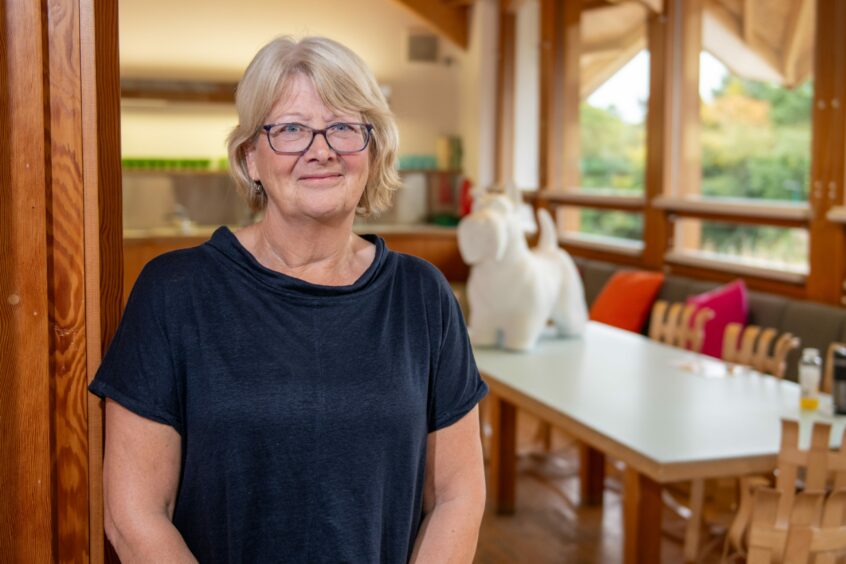
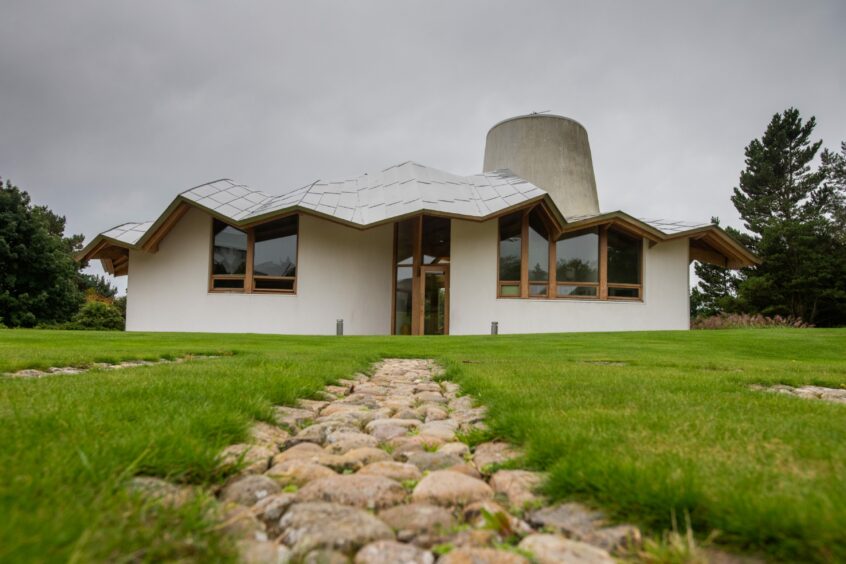
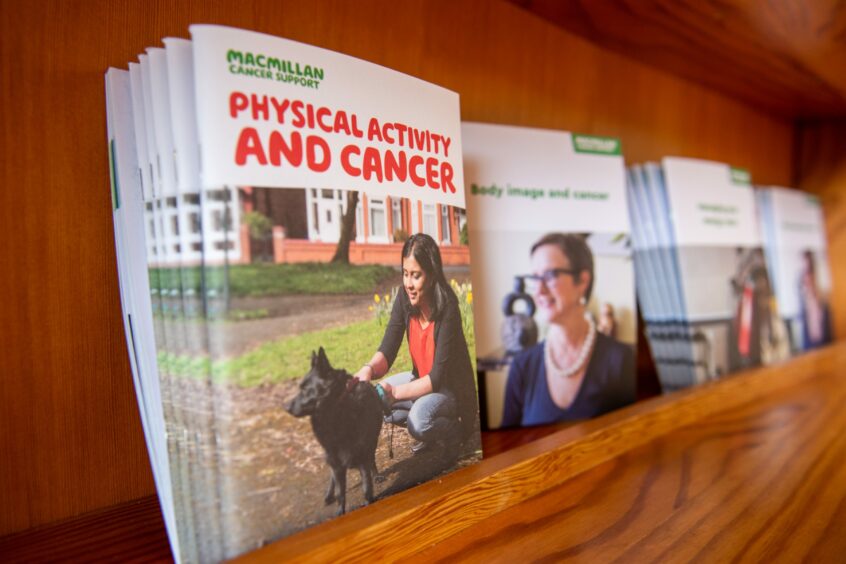
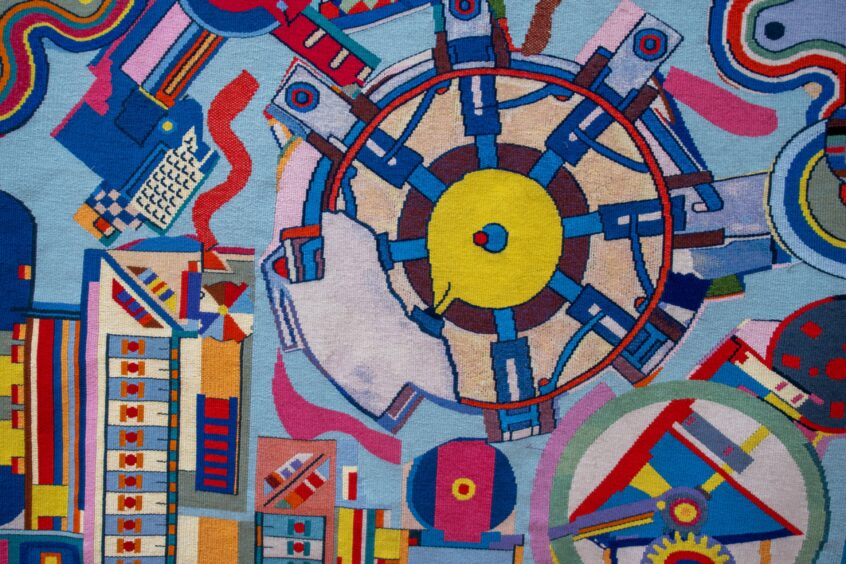


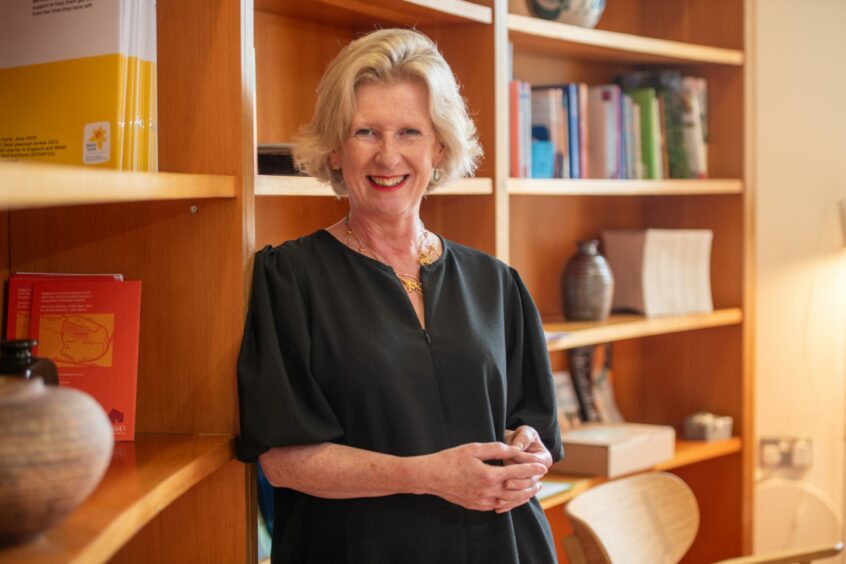
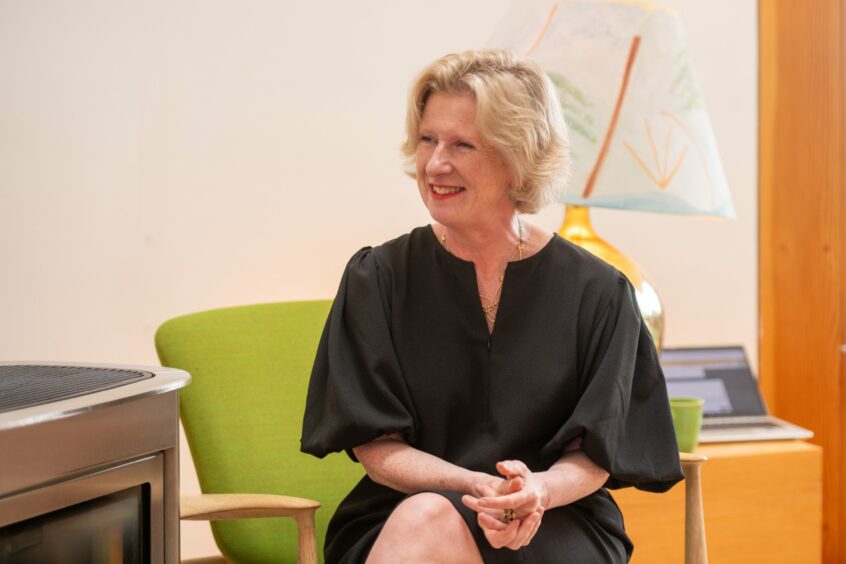
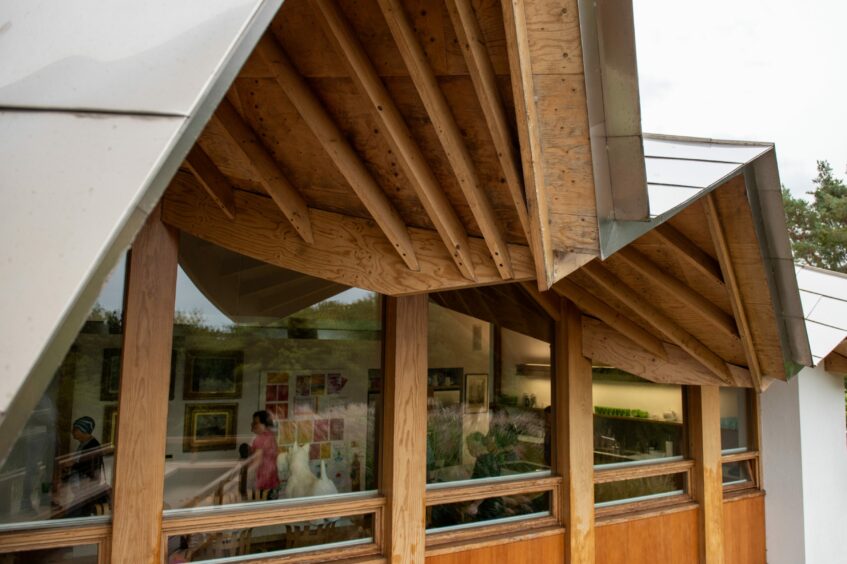
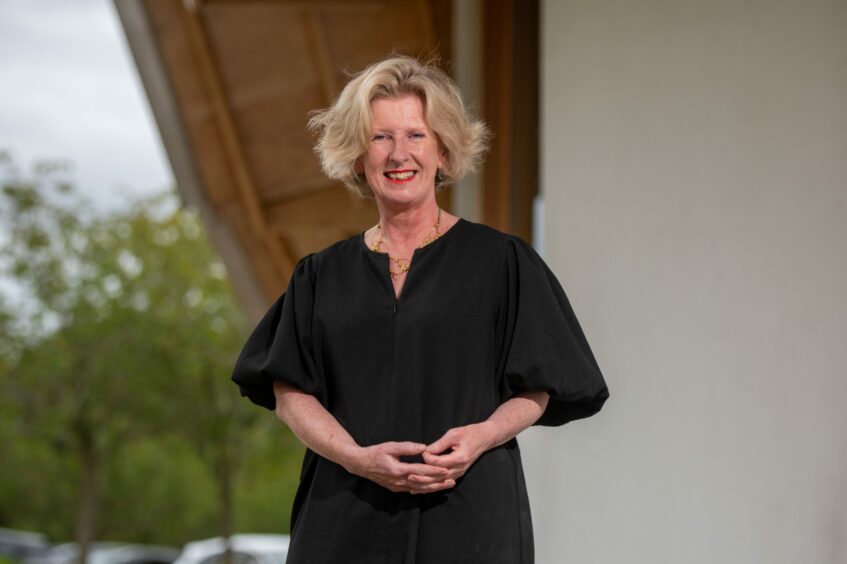
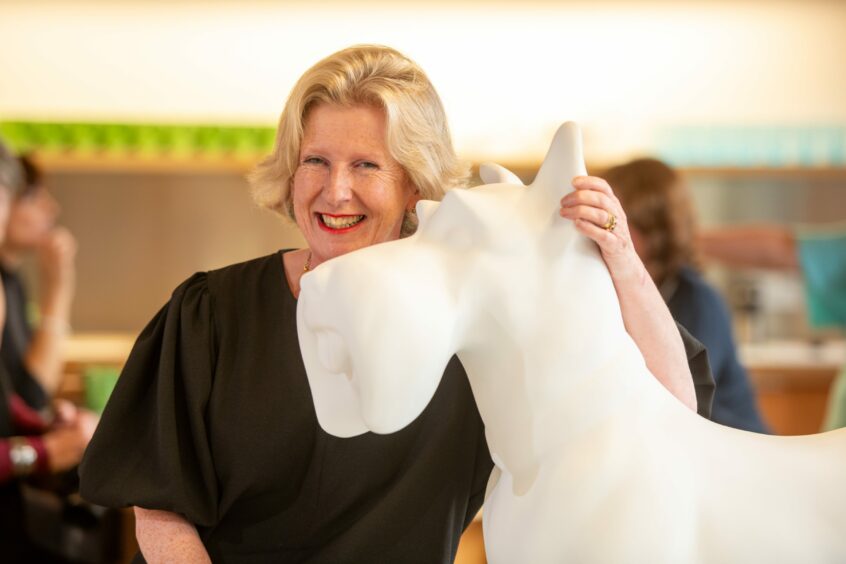
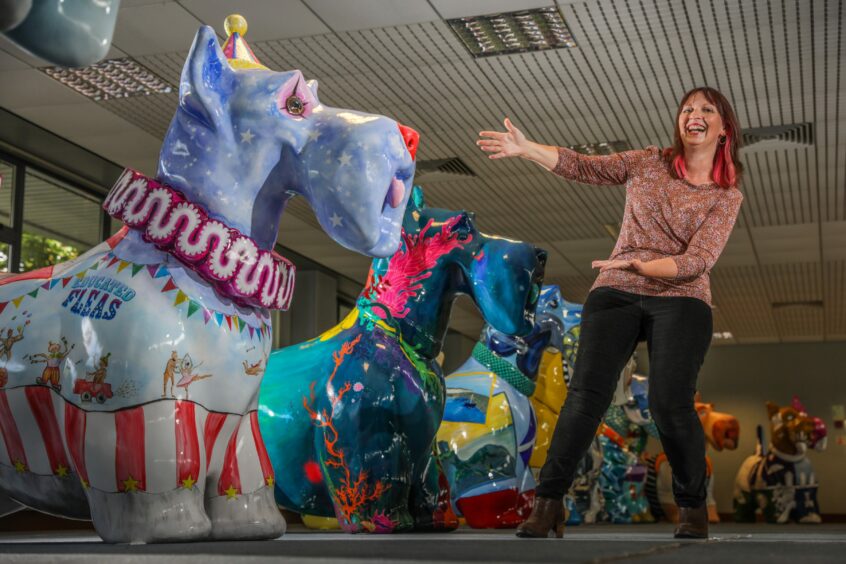
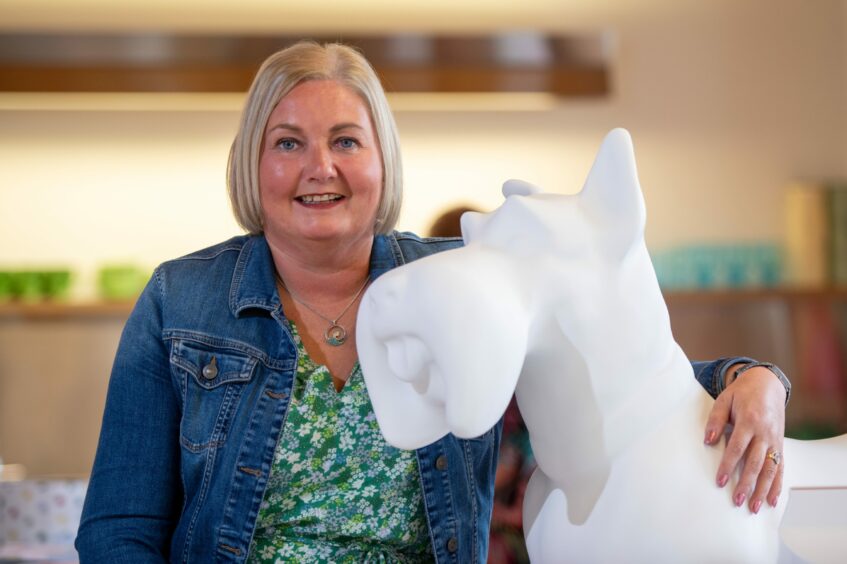


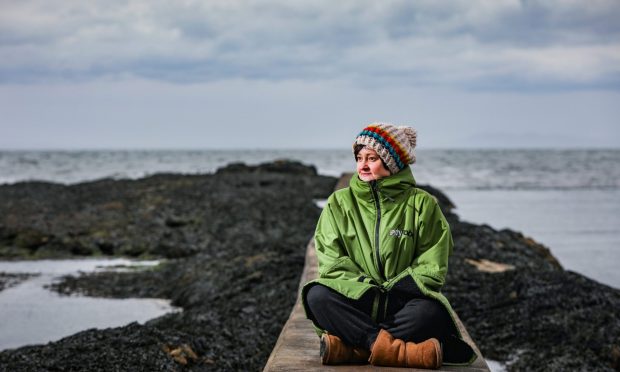
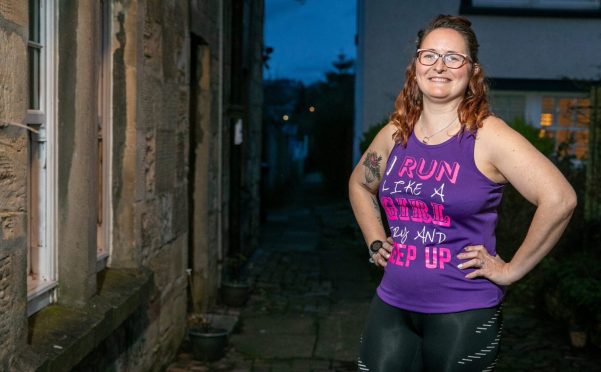
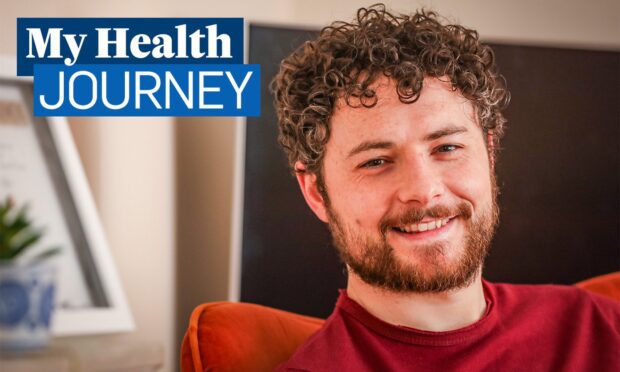

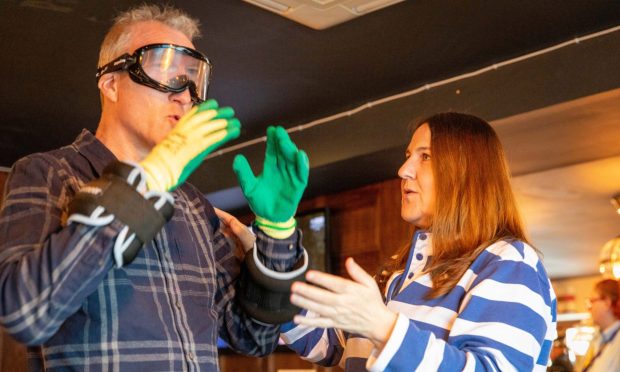
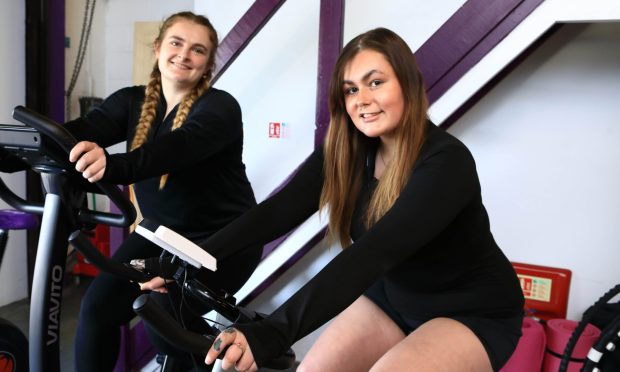
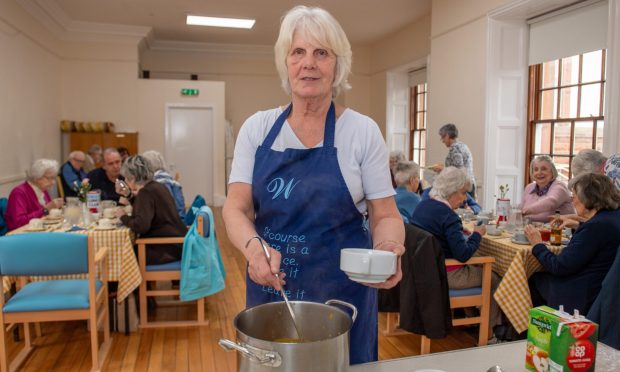
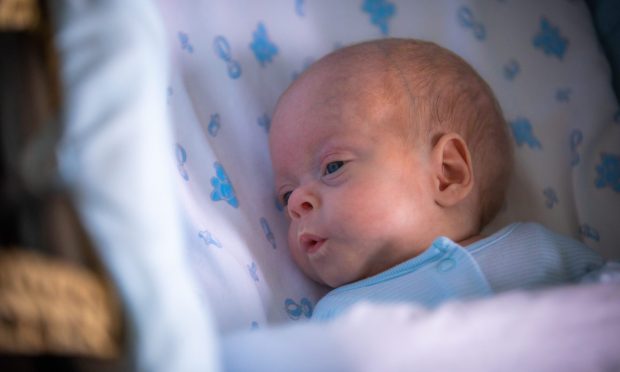
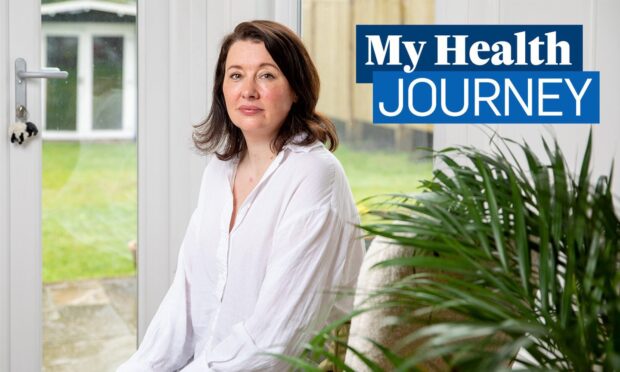

Conversation